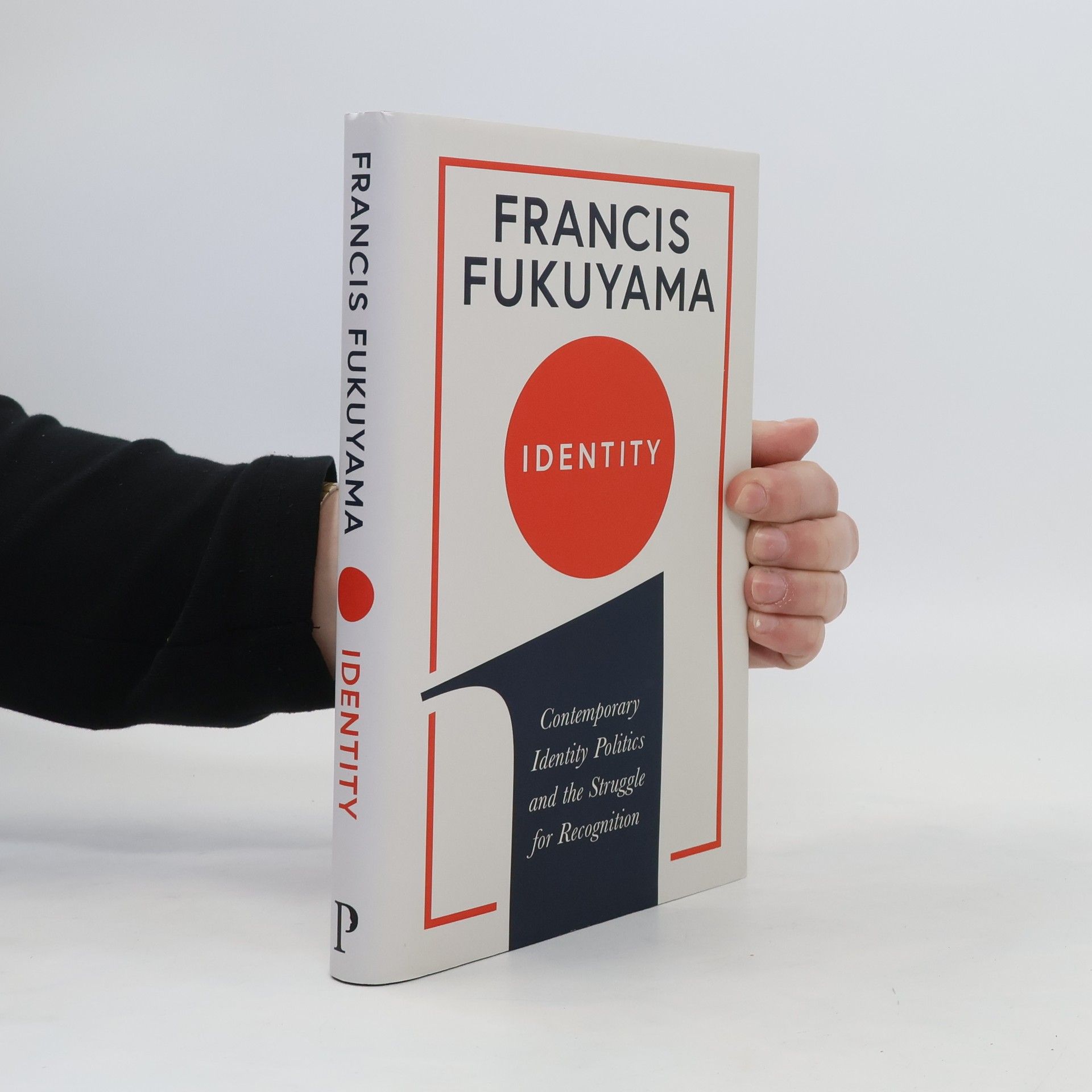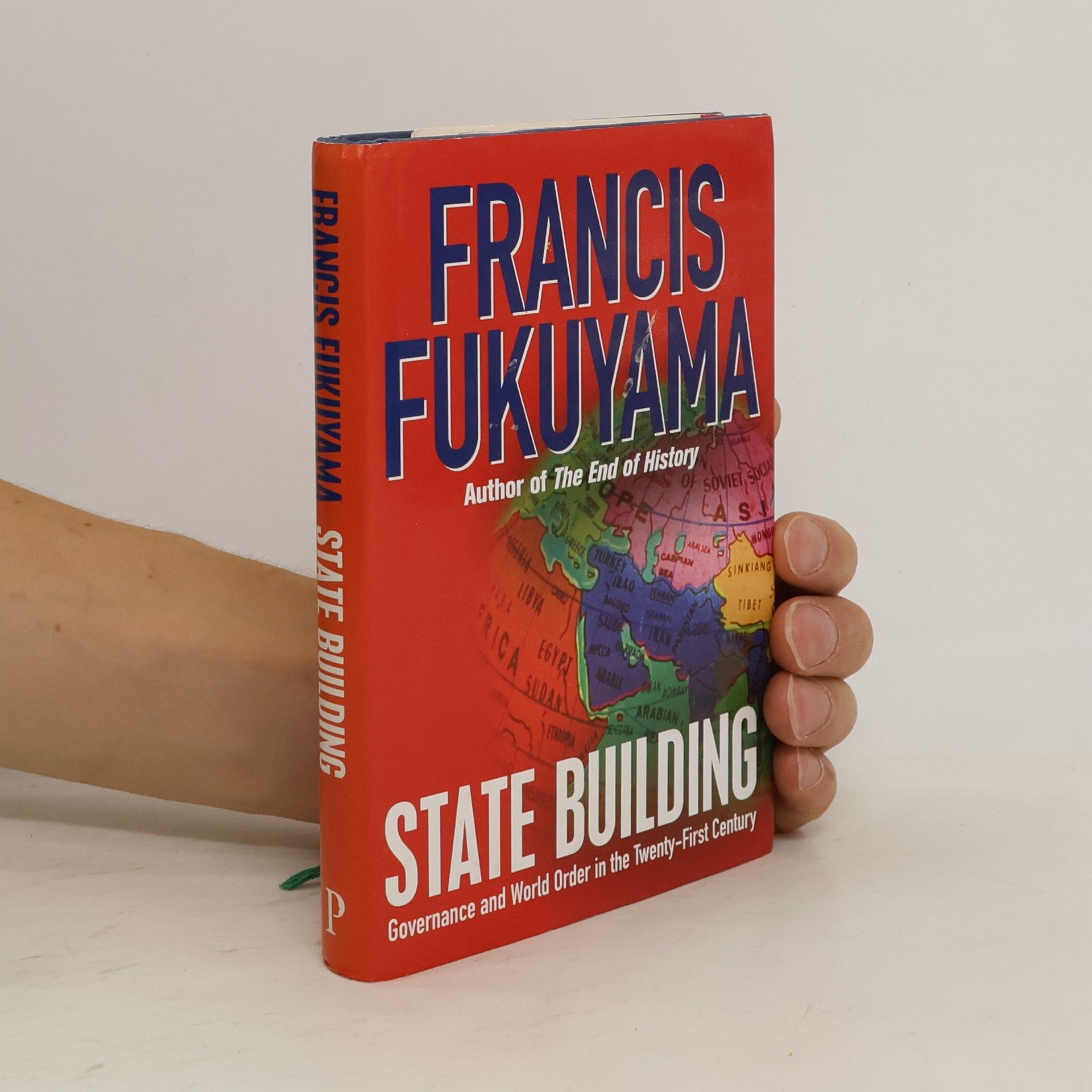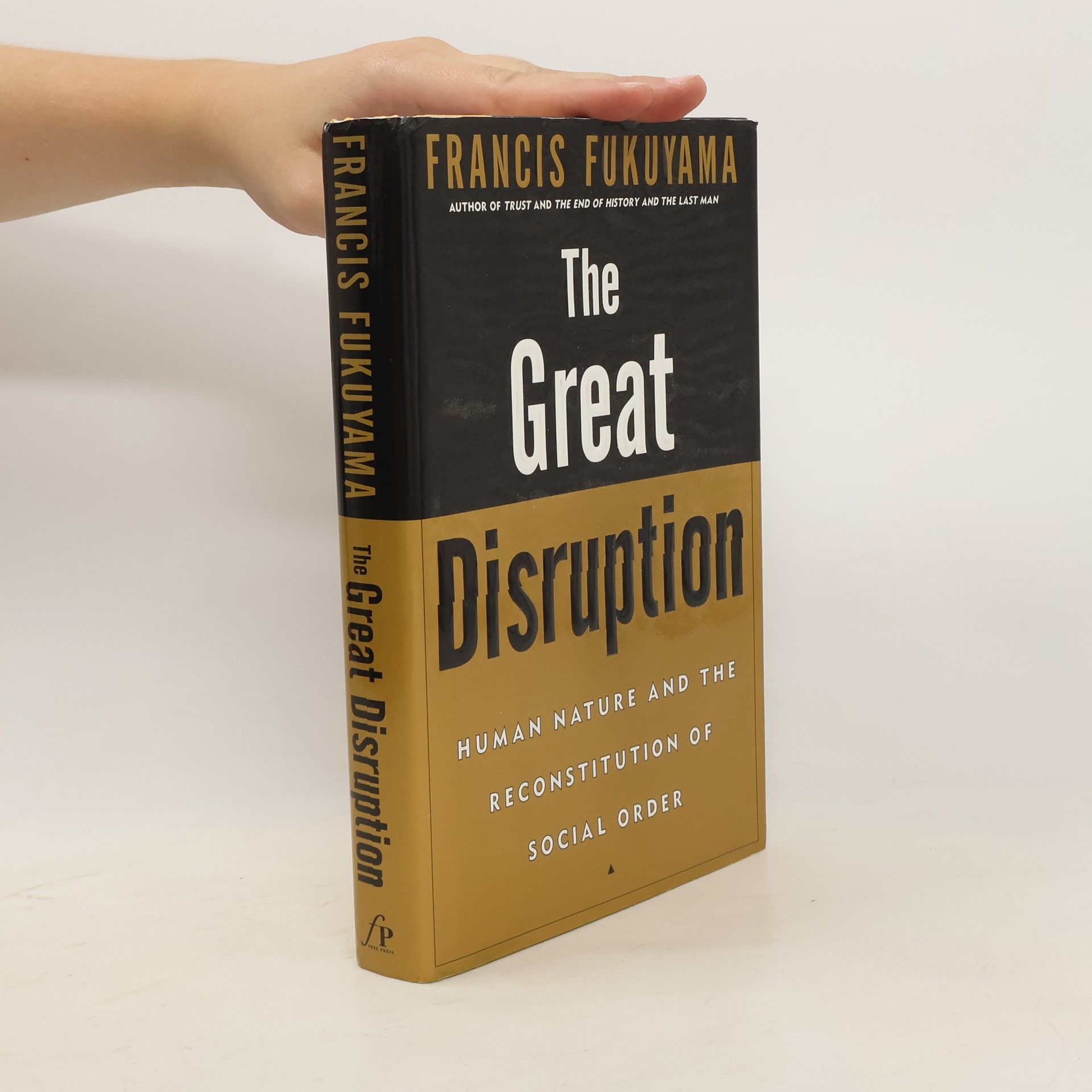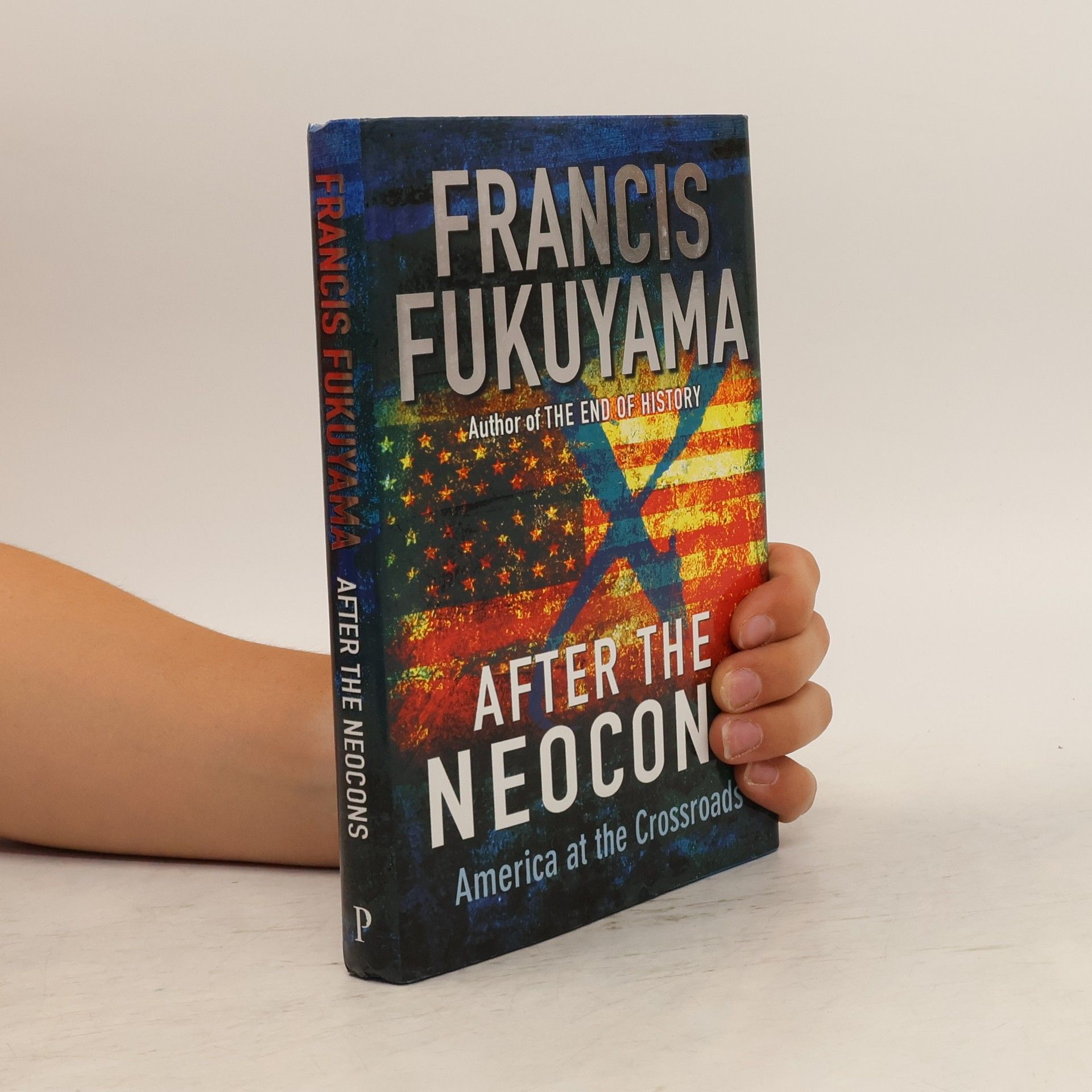Le livre de Francis Fukuyama a suscité de multiples polémiques. On a cru le réfuter, avec facilité. N'annonçait-il pas la fin de l'Histoire, et le triomphe de la démocratie libérale ? Or, si on a vu s'effondrer les derniers totalitarismes, on n'en a pas fini avec la violence, avec la guerre, avec l'injustice. Sans doute, et Fukuyama le sait bien. Son propos est autre. Sa perspective est mondialiste. Nous savons que la révolution est terminée, qu'un cycle est achevé, et que le nouveau n'est peut-être que le retour du pire ou l'extension de ce qui existe. Le devenir de la démocratie mérite qu'on médite les réflexions de Fukuyama, elles ne se réfutant pas aussi aisément qu'on le croit.
Francis Fukuyama Livres
Francis Fukuyama est un philosophe et économiste politique américain reconnu pour ses analyses approfondies de l'histoire, de l'idéologie et de la trajectoire de la démocratie libérale. Il a acquis une large reconnaissance pour sa thèse de la 'fin de l'histoire', qui postulait la démocratie libérale comme forme ultime de gouvernement humain. Fukuyama a depuis fait évoluer sa pensée, explorant les implications de la biotechnologie sur la nature humaine et l'ordre social, introduisant des considérations complexes sur l'avenir des structures politiques et sociales.


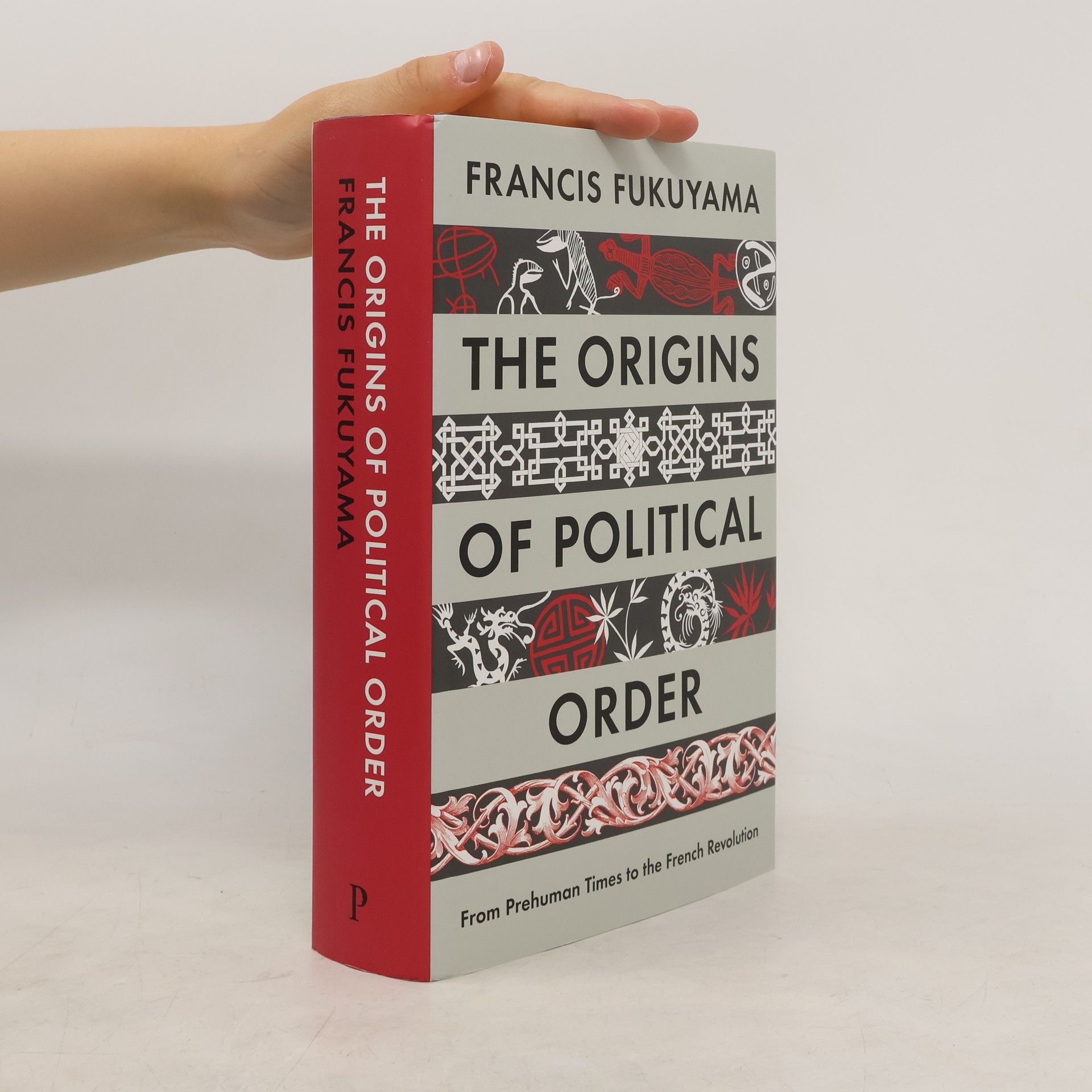
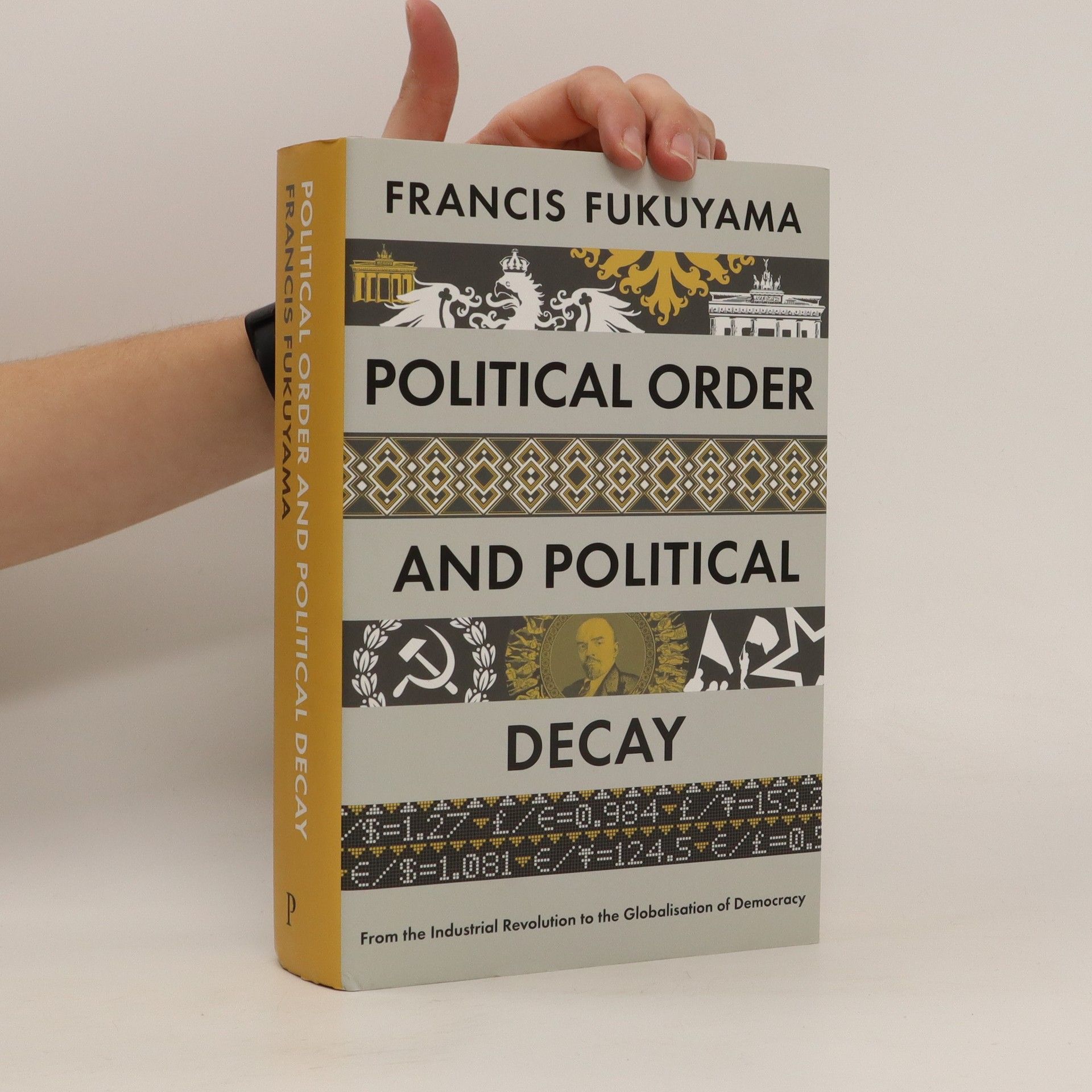



D'où viennent les néo-conservateurs?
- 96pages
- 4 heures de lecture
" Menteurs ! Va-t-en-guerre ! Criminels ! Fanatiques Faucons ! Néo-cons ! " Que n'a-t-on pas entendu, ici comme ailleurs, sur ces fameux néo-conservateurs... Mais sait-on qui ils sont vraiment ? Dans cet essai féroce et salutaire, Francis Fukuyama, l'un des théoriciens majeurs de notre temps, fait voler en éclats les idées reçues et dévoile les origines du plus grand malentendu politique de ces dernières années.
Political order and political decay : from the Industrial Revolution to the globalization of democracy
- 658pages
- 24 heures de lecture
In The Origins of Political Order, Francis Fukuyama took us from the dawn of mankind to the French and American Revolutions. Here, he picks up the thread again in the second instalment of his definitive account of mankind's emergence as a political animal.This is the story of how state, law and democracy developed after these cataclysmic events, how the modern landscape - with its uneasy tension between dictatorships and liberal democracies - evolved and how in the United States and in other developed democracies, unmistakable signs of decay have emerged. If we want to understand the political systems that dominate and order our lives, we must first address their origins - in our own recent past as well as in the earliest systems of human government. Fukuyama argues that the key to successful government can be reduced to three key elements: a strong state, the rule of law, and institutions of democratic accountability.This magisterial account is required reading for anyone wishing to know more about mankind's greatest achievements.
The Origins of Political Order
From Pre-Human Times to the French Revolution
- 608pages
- 22 heures de lecture
Nations are not trapped by their pasts, but events that happened hundreds or even thousands of years ago continue to exert huge influence on present-day politics. If we are to understand the politics that we now take for granted, we need to understand its origins. Francis Fukuyama examines the paths that different societies have taken to reach their current forms of political order. This book starts with the very beginning of mankind and comes right up to the eve of the French and American revolutions, spanning such diverse disciplines as economics, anthropology and geography. The Origins of Political Order is a magisterial study on the emergence of mankind as a political animal, by one of the most eminent political thinkers writing today.
A TIMES BEST PHILOSOPHY & IDEAS BOOK OF 2022A defence of liberalism by the renowned political philosopher'We need more thinkers as wise as Fukuyama digging their fingers into the soil of our predicament' The New York Times'A brilliantly acute summary of the way some aspects of liberal thought have consumed themselves' Guardian'One of the West's most interesting public intellectuals' Times'Hard to think of a better case for liberal centrism' FTLiberalism - the comparatively mild-mannered sibling to the more ardent camps of nationalism and socialism - has never been so divisive as today. From Putin's populism, the Trump administration and autocratic rulers in democracies the world over, it has both thrived and failed under identity politics, authoritarianism, social media and a weakened free press the world over.Since its inception following the post-Reformation wars, liberalism has come under attack from conservatives and progressives alike, and today is dismissed by many as an 'obsolete doctrine'. In this brilliant and concise exposition, Francis Fukuyama sets out the cases for and against its classical observing the rule of law, independence of judges, means over ends, and most of all, tolerance.Pithy, to the point, and ever pertinent, this is political dissection at its very best.
In 2014, Francis Fukuyama wrote that American and global institutions were in a state of decay, as the state was captured by powerful interest groups. Two years later, his predictions were borne out by the rise to power of a series of political outsiders whose economic nationalism and authoritarian tendencies threatens to destabilise the entire international order. These populist nationalists seek direct charismatic connection to 'the people', who are usually defined in narrow identity terms that offer an irresistible call to an in-group and exclude large parts of the population as a whole.The demands of identity direct much of what is going on in world politics today. The universal recognition on which liberal democracy is based has been increasingly challenged by restrictive forms of recognition based on nation, religion, sect, race, ethnicity, or gender, which have resulted in anti-immigrant populism, the upsurge of politicised Islam, the fractious environment of many college campuses, and the hideous emergence of white nationalism.Identity is an urgent and necessary book: a sharp warning that unless we forge a universal understanding of human dignity, we will doom ourselves to continual conflict.
Weak or failed states - where no government is in control - are the source of many of the world's most serious problems, from poverty, AIDS and drugs to terrorism. What can be done to help? The problem of weak states and the need for state-building has existed for many years, but it has been urgent since September 11 and Afghanistan and Iraq. The formation of proper public institutions, such as an honest police force, uncorrupted courts, functioning schools and medical services and a strong civil service, is fraught with difficulties. We know how to help with resources, people and technology across borders, but state building requires methods that are not easily transported. The ability to create healthy states from nothing has suddenly risen to the top of the world agenda. State building has become a crucial matter of global security. In this hugely important book, Francis Fukuyama explains the concept of state-building and discusses the problems and causes of state weakness and its national and international effects.
The Great Disruption
- 368pages
- 13 heures de lecture
An exploration of the nature of social order discusses how the transformation from an industrial to an information society has disrupted moral standards, showing how the disruption will evolve into a Great Reconstruction as age-appropriate values instill themselves. 50,000 first printing.
After the Neocons: America at the Crossroads
- 226pages
- 8 heures de lecture
Attacking the right-wing policymakers he had associated with, the author argues that the Bush administration, in the war in Iraq, has wrongly applied the principles of neoconservatism. He provides an approach, which emphasizes the importance of solving the problem of development and of creating multiple international institutions.
